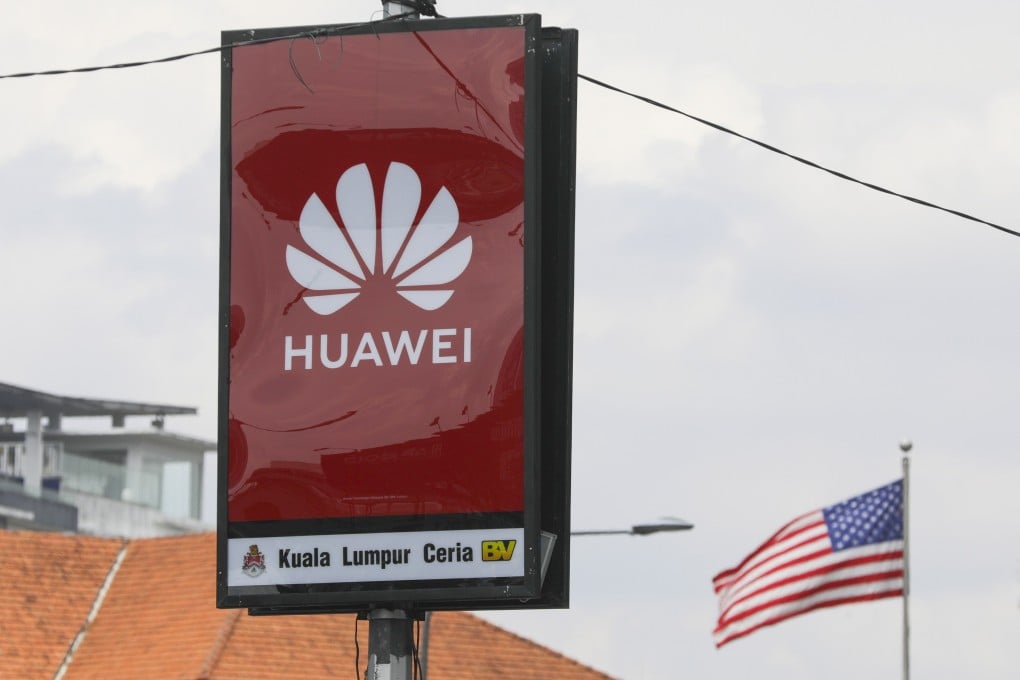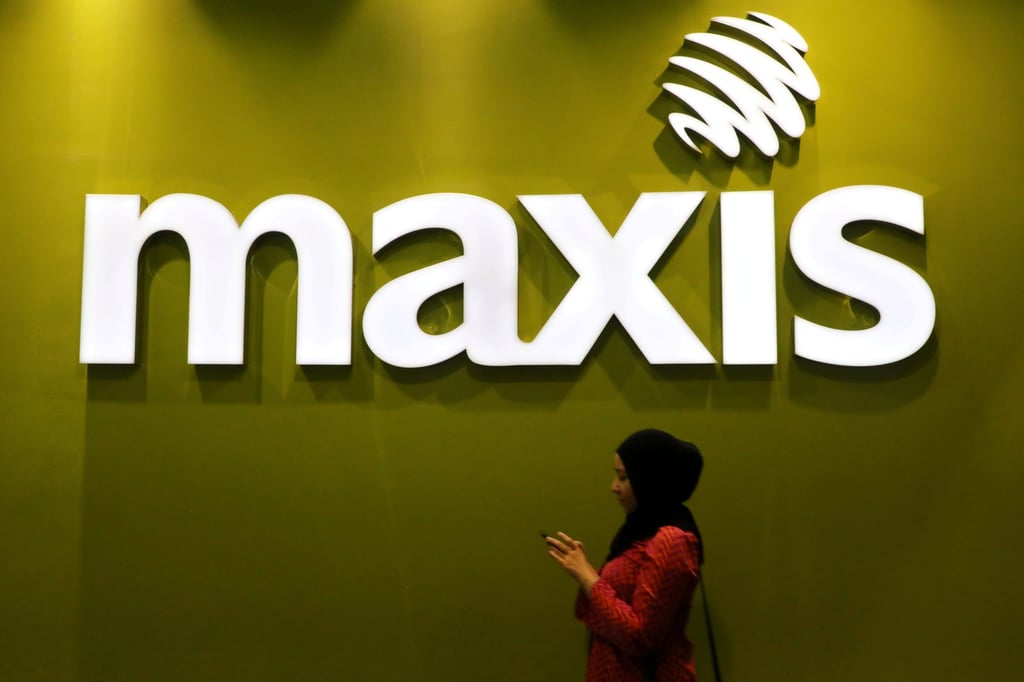Advertisement
Huawei and Malaysia’s 5G future: unpacking the embrace of Chinese tech
The Chinese tech giant has emerged as the odds-on favourite to build Malaysia’s second 5G network – despite the West’s espionage concerns
Reading Time:7 minutes
Why you can trust SCMP
12

For many Malaysians like Dwayne Tan, the choice of who provides the country’s 5G internet boils down to a simple need: a stable, easy-to-use connection for his e-commerce business.
Advertisement
“Speed is useless if both of those things have problems,” said Tan, who sells everything from coffee mugs to piggy banks on the Shopee platform.
But the roll-out of a second 5G network in Malaysia has been anything but straightforward, fraught with diplomatic tension, Western concern – and possible knock-on effects for the nation’s dream of ascending the value chain and becoming a tech-driven economy.
At the heart of the issue is Huawei, the Chinese tech giant that has rapidly expanded its presence across Southeast Asia. Both the United States and the European Union have accused the Shenzhen-based company of enabling Chinese espionage.
Yet within weeks, the telecoms manufacturer is widely expected to win its bid to build Malaysia’s second 5G network, in partnership with local firm Maxis Communications.

Western diplomats have questioned the rationale behind this parallel network, given the swift deployment of the Southeast Asian nation’s existing 5G infrastructure, contracted to Swedish company Ericsson.
Advertisement

Advertisement